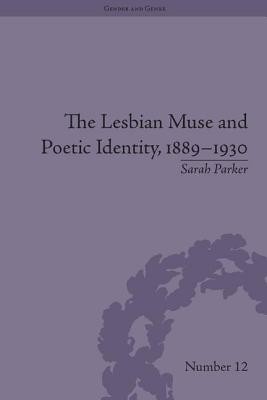
- We will send in 10–14 business days.
- Author: Sarah Parker
- Publisher: Routledge
- Year: 2013
- Pages: 232
- ISBN-10: 184893386X
- ISBN-13: 9781848933866
- Format: 15.6 x 23.4 x 1.4 cm, kieti viršeliai
- Language: English
- SAVE -10% with code: EXTRA
Reviews
Description
Throughout history the poetic muse has tended to be (a passive) female and the poet male. This dynamic caused problems for late Victorian and twentieth-century women poets; how could the muse be reclaimed and moved on from the passive role of old? Parker looks at fin-de-siècle and modernist lyric poets to investigate how they overcame these challenges and identifies three key strategies: the reconfiguring of the muse as a contemporary instead of a historical/mythological figure; the muse as a male figure; and an interchangeable poet/muse relationship, granting agency to both.
EXTRA 10 % discount with code: EXTRA
The promotion ends in 21d.10:12:53
The discount code is valid when purchasing from 10 €. Discounts do not stack.
- Author: Sarah Parker
- Publisher: Routledge
- Year: 2013
- Pages: 232
- ISBN-10: 184893386X
- ISBN-13: 9781848933866
- Format: 15.6 x 23.4 x 1.4 cm, kieti viršeliai
- Language: English English
Throughout history the poetic muse has tended to be (a passive) female and the poet male. This dynamic caused problems for late Victorian and twentieth-century women poets; how could the muse be reclaimed and moved on from the passive role of old? Parker looks at fin-de-siècle and modernist lyric poets to investigate how they overcame these challenges and identifies three key strategies: the reconfiguring of the muse as a contemporary instead of a historical/mythological figure; the muse as a male figure; and an interchangeable poet/muse relationship, granting agency to both.


Reviews